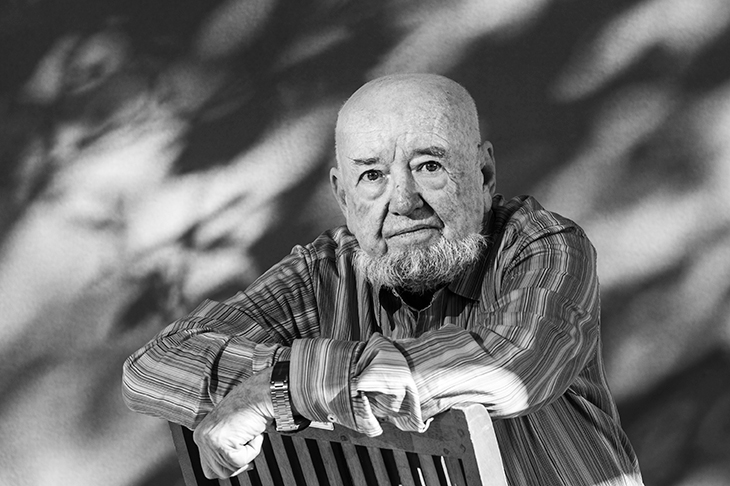Parents are always terrified of bad family history repeating itself. Prince Albert dreaded his son Bertie turning into a roué like his own father, and this of course happened. Charles Dickens had fantasised in David Copperfield that the jokey version of his own father — Mr Micawber — would become a success in life by going to Australia. In real life, Dickens’s parents had been ‘hopeless’, and as he watched his own family growing up, he had a heartless fear that his dud children would be versions of parents who were sent to the Marshalsea.
Sure enough, Dickens sent two of his least promising sons to Australia, hoping something would turn up. Alfred (named after his godfather Tennyson) was packed off in 1865, and Plorn – Edward Bulwer Lytton Dickens — a few years later. Plorn had been a dull little boy, and he grew up to be a dull little man, never making a success in Australia. He opened a stock and station agency in New South Wales, lost what little money he had been able to make, married a dull Australian girl, and, in so far as history knows much about him, was an unpromising subject for a book.
You could, however, have made a novel about him: the dull failure, carrying within his breast resentment or envy or some such emotion directed towards the famous parent. The novel would have been about Plorn’s failure, and his death aged 49, never living up to the burden of having a famous father. Instead, Thomas Keneally takes us on a rather plodding journey through Plorn’s early life in various sheep stations in New South Wales, with flashbacks to the better known gruesome domestic tyranny of the great novelist — his abuse of his wife (Plorn’s mother), his arranging for a screen to be built between his dressing room and his wife’s bed, his adultery with the much younger actress Nelly Ternan.
The difficulty about concentrating on all this stuff is that Plorn was a tiny child when his parents’ marriage broke up and had no direct memory of any of it. Keneally adds to his problems by making Plorn totally ignorant of his father’s books. I do not know if this is true or not. There is an invented scene, in Sydney, where a memorial service was held for the famous writer. The two Australian boys, Alfred and Plorn, are called upon to speak, and Plorn remembers boating on the Medway with his ‘guv’nor’. This memory seems filled with sunshine. No such service ever took place.
Aware that this scene was not going anywhere, Keneally gives Plorn his first experience of sex, with an older woman. It is described rather revoltingly. Then real life starts — ‘Fred and Edward Bonney accompanied us as we mustered the sheep to Wonkoo and Wonkoo South’. He then witnesses a distressing massacre by Queensland troopers of some aboriginals, before spending Christmas with the family into which he is going to marry — the Desaillys. Connie, his wife, as dull as Plorn himself, does not really come to life in these pages. They did not have any children, but the reader of this novel does not need to worry about that, since the book ends before they are so much as married.
In scene after scene, Plorn encounters an Australian who makes some allusion to the novels of Dickens, and he conceals from them the fact that he has not read one. The repeated allusions to (and occasional dreams about) Charles Dickens, his circle, and the England Plorn has left behind only serve to emphasise the aching boringness, by contrast, of Victorian Australia. Likewise, every time someone mentions Little Nell or Lizzie Hexham, you wish you were reading a novel by the ‘guv’nor’ rather than this dreary stuff.






Comments